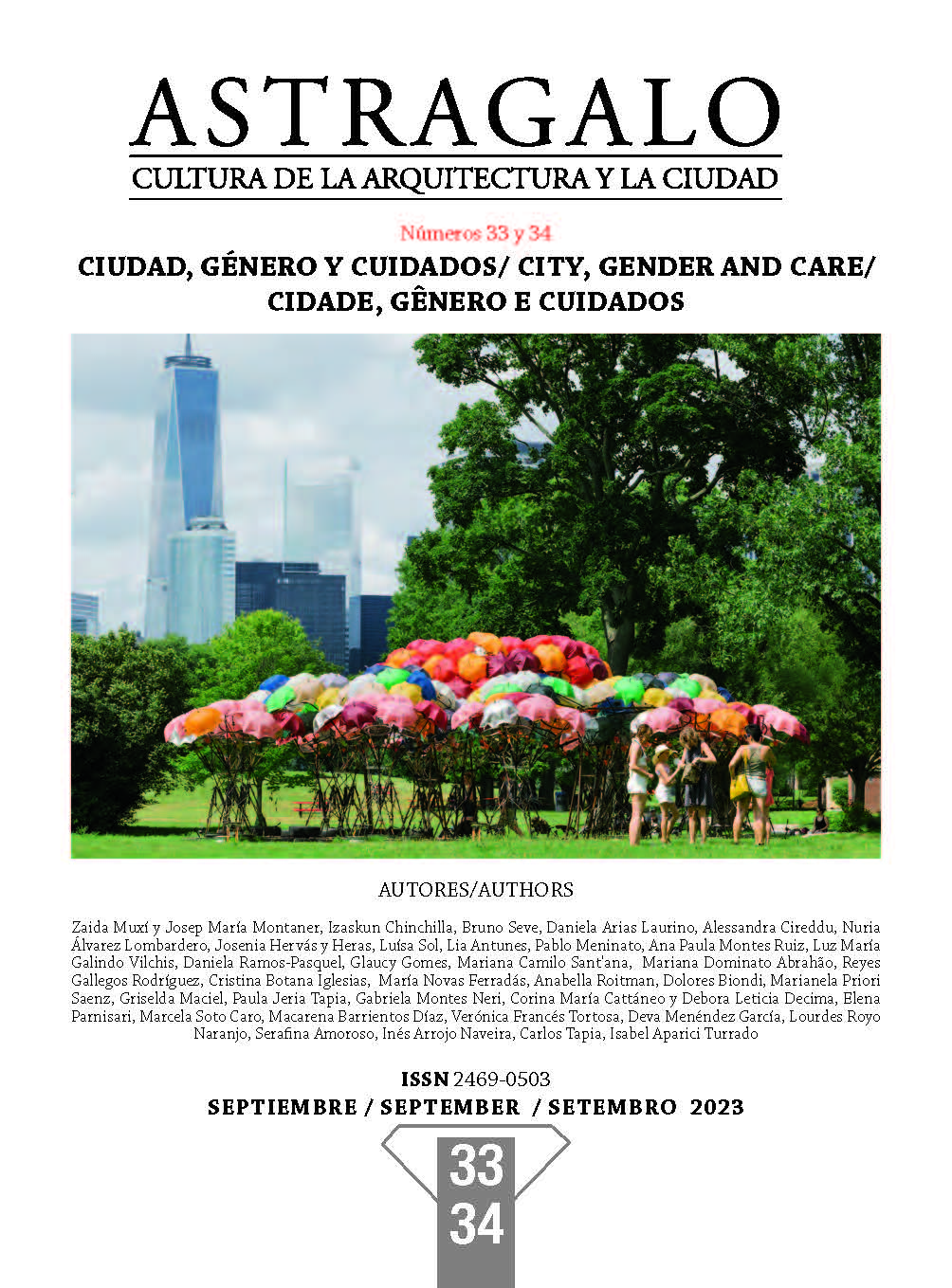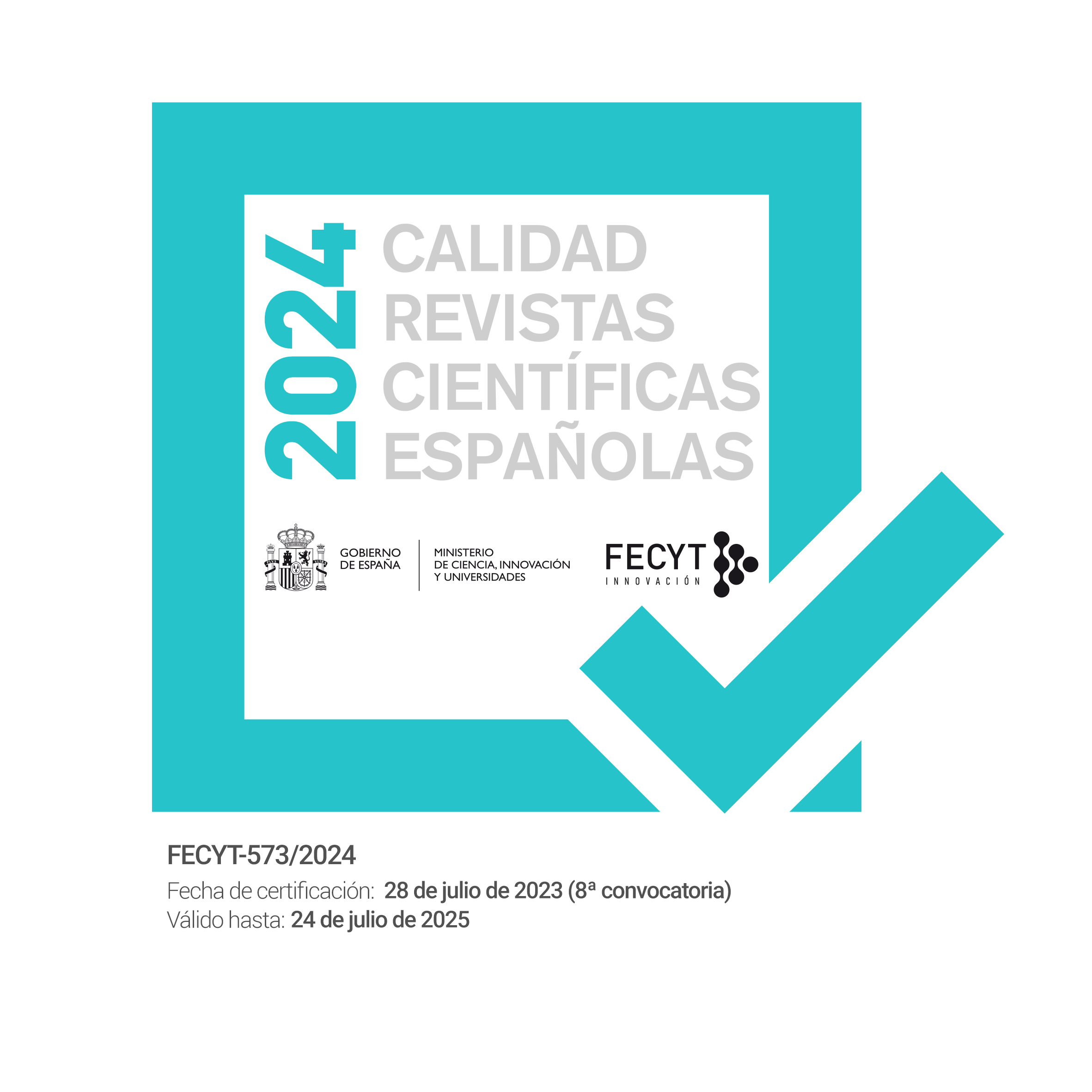Vol. 1 No. 33-34 (2023): City, Gender and Care

Urban planning is not and has not been neutral. It has essentially been conceived from a patriarchal, capitalist and pyramidal vision, which has given total priority to productive activities, assigned to men and by the male gender. As a result, only the productive sphere has been taken into account, while the other three spheres of human life have been marginalised and made invisible: the sphere of reproduction and care; the sphere of community life, interrelation and social and political activity; and the sphere of personal development.
For this reason, we speak of feminist urbanism, whose prior objective consists of the critical recognition of reality from the perspective of women's experience. In urban area study projects, the working premise of feminist groups is the urban reconnaissance walks, which precede both exploratory walks and daily walks, in which women walk through the neighbourhood in groups, sharing their stories and experiences, and explaining the reasons for each enclave and the perceptions of each specific urban space. Taking to the streets is an act of rebellion and a political action.
And today we turn to ecofeminism, as it brings together the issues of the environmental crisis and the crisis of care: it critically analyses the beliefs that sustain the ecocidal, patriarchal, capitalist and colonial model of our civilisation; based on the nefarious hierarchical pyramid that puts men as the sex at the top and women, animals, trees, vegetation and resources in the lowest and most exploitable strata. Ecofeminism, as a philosophy and as an action, denounces the risks to which people and all other living beings are subjected, proposing alternative approaches to reverse this systematic war that capitalism has decreed against life. It is, in short, a plural and diverse position, rooted in different places. It therefore proposes the recovery of the values of care, applying them to the scale of ecosystem care. In other words, the values of caring for people are extended to caring for society and nature, but this must in no way imply a technophobic and nostalgic return to a pre-technological or essentialist society.
In conclusion, the challenge today lies in constructing new narratives, as opposed to hegemonic stories; new narratives based on feminist demands for equality of people based on differences, placing care at the forefront and confronting the climate crisis. New narratives that analyse and propose what an egalitarian city is and how it transforms the way housing, buildings and public spaces are designed.
Guest editors: Zaida Muxí (ETSA Barcelona) and Josep Maria Montaner (ETSA Barcelona).













